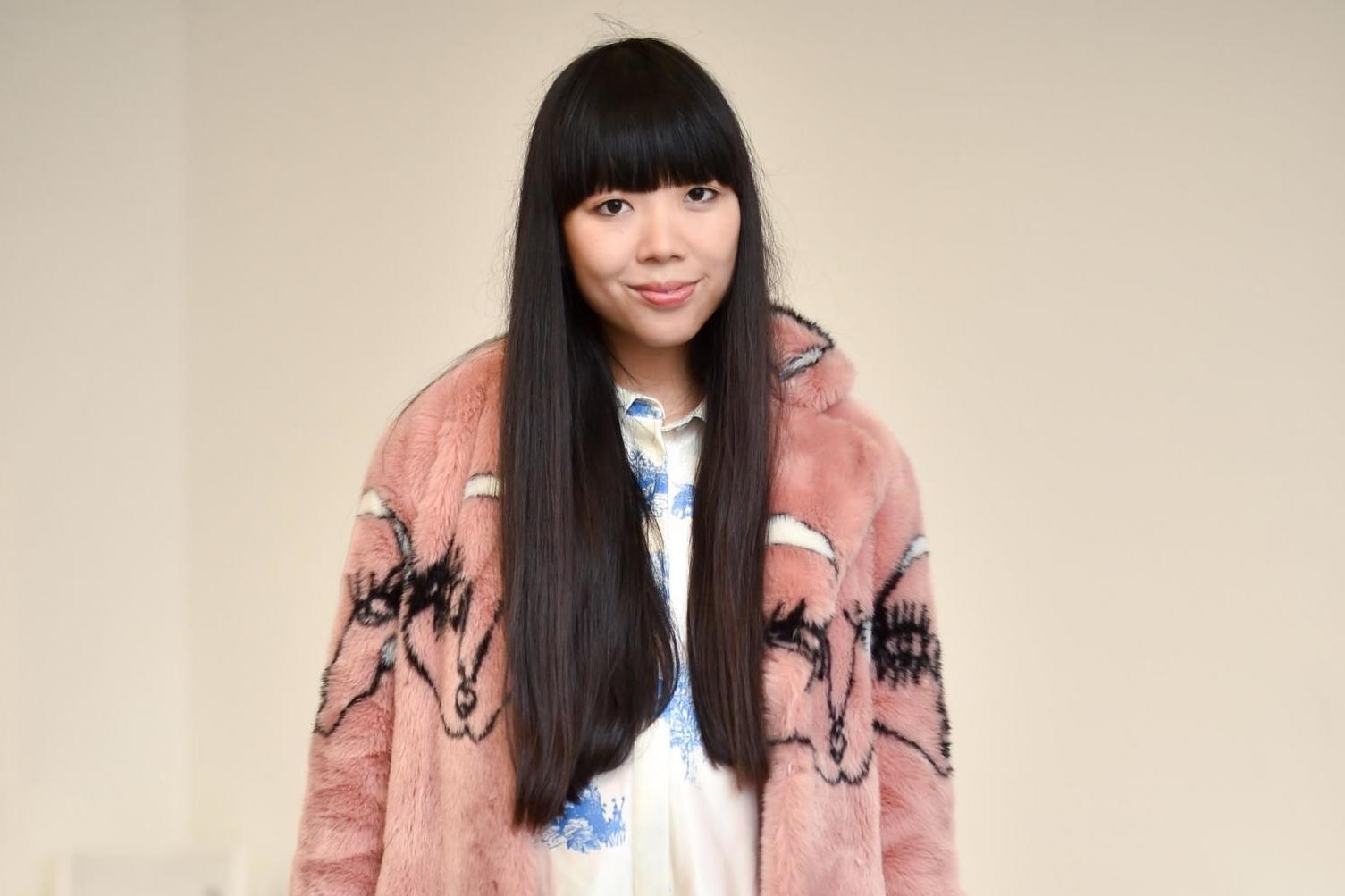Every fashion brand that has banned fur: From Chanel to Burberry
Victoria Beckham has just announced she will no longer use exotic animal skins in her collections

In 2019, it looks like fur is finally on its way out of the fashion industry.
Burberry, Gucci, Versace and Coach are just some of the major brands to take a stand against animal cruelty in recent years by banning the use of such items in their collections, opting for faux alternatives instead.
Retailers are taking action too, with FarFetch having recently announced its pledge to be entirely fur-free as of December 2019.
September 2018 also marked an industry-wide shift, with London Fashion Week being the first major fashion week not to show any fur on its catwalk.
Such announcements have been welcomed by People For The Ethical Treatment of Animals (Peta), who recently issued a statement in response to the news that Victoria Beckham would ban exotic skins from its collections following an appeal led by the organisation.
“Behind every crocodile, alligator, snake, or lizard handbag or pair of shoes, is a violent death,” commented Peta director Elisa Allen. “Victoria Beckham’s decision to ban exotic skins will spare countless remarkable animals immense suffering, and Peta calls on other luxury brands to follow her kind example.”
Beckham’s eponymous label joins the likes of Chanel, Vivienne Westwood and Diane von Furstenberg, all of whom have abolished the use of exotic animal skins.
Change is clearly afoot in the fashion industry. See the extent of this by consulting our roundup of the designer brands, retailers and high street shops that have committed to going fur-free and exotic animal skin-free in recent years.
Designer labels
While some fashion houses had only ever used minimal fur in their collections, others, such as Gucci, heavily relied on it, making news of its abolishment, which made headlines in October 2017 – a watershed moment in the industry.
A handful of labels, such as Vivienne Westwood and Ralph Lauren, have been fur-free for more than a decade, and others, including Stella McCartney and Kate Spade have never used fur in its garments, but it’s only in the last year or so that other major brands have followed suit.
There are, however, many labels that still use fur and exotic animal skins in its collections, such as Dior, Saint Laurent and Louis Vuitton. Peta is currently running a campaign urging them to stop this.
Here are the designers that have banned fur:
- Coach as of its autumn/winter 2019 collection
- Chanel as of November 2018
- Jean Paul Gaultier as of November 2018
- Gucci as of its spring/summer 2018 collection
- Michael Kors as of December 2018
- Victoria Beckham as of autumn/winter 2019 collection
- Burberry as of autumn/winter 2019 collection
- Jimmy Choo as of December 2018
- Versace as of autumn/winter 2019 collection
- Diane von Furstenberg as of autumn/winter 2019 collection
- John Galliano as of autumn/winter 2019 collection
- 3.1 Phillip Lim as of autumn/winter 2019 collection
- Giorgio Armani as of March 2016
- Vivienne Westwood as of 2007
- Ralph Lauren as of April 2007
- Tommy Hilfiger as of March 2007
- J Crew as of January 2005
- Calvin Klein as of February 1994
High street shops
It’s rare these days to actually find a high street shop that sells fur, with many having committed to banning it in recent years; few ever sold exotic animal skins.
A recent breakthrough was when Mango vowed to stop using fur and exotic skins in its product lines following a meeting with Peta.
The popular high street shop has a total of 2,060 stores in 104 countries around the world.
Here are some of the high street stores that have banned fur:
- Mango as of November 2011
- Gap as of November 2016
- H&M as of November 2016
- Topshop as of December 2004
- Urban Outfitters as of March 2009
- Zara as of November 2016
Retailers
When it comes to taking a stand against animal cruelty, fashion retailers have as much of a responsibility as the brands themselves.
In recent years, many have won praise for committing to abolish the sale of fur, exotic animal skins and other materials that contribute towards animal cruelty.
Asos, for example, was applauded by Peta when it announced it would no longer sell garments made from mohair, silk, cashmere or feathers in 2018.
The move followed the organisation’s video exposé of mohair production in South Africa, which was released in May 2018.
Here are some of the retailers that have banned fur:
- FarFetch as of December 2019
- Asos introduced a ban on mohair, silk, cashmere and feathers in June 2018, it didn’t previously sell fur.
- Yoox Net-a-Porter as of June 2017
- Selfridges as of 2004
For more information on how the fur industry is harmful to animals, visit Peta here or the Humane Society here
Join our commenting forum
Join thought-provoking conversations, follow other Independent readers and see their replies
Comments
Bookmark popover
Removed from bookmarks